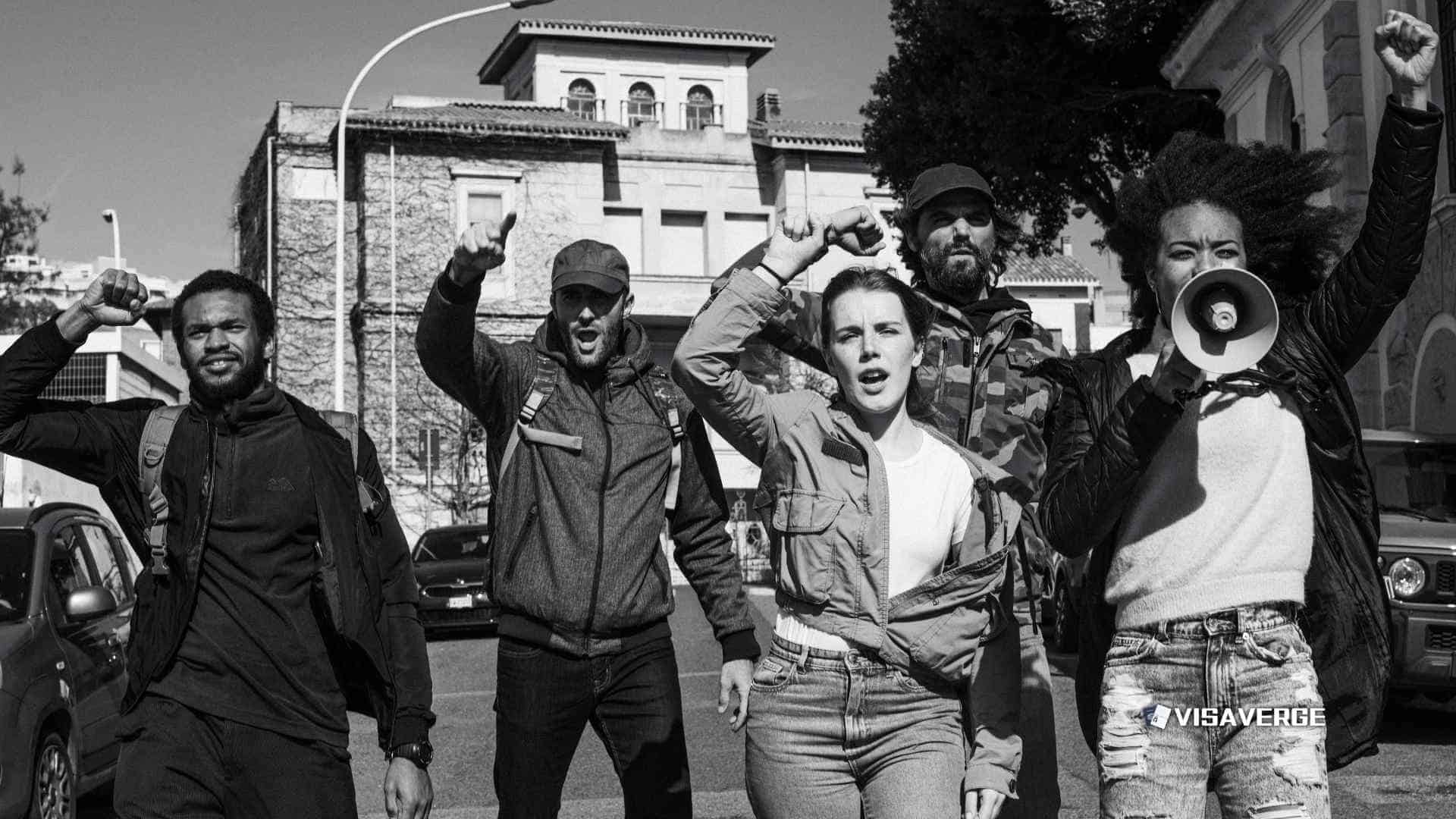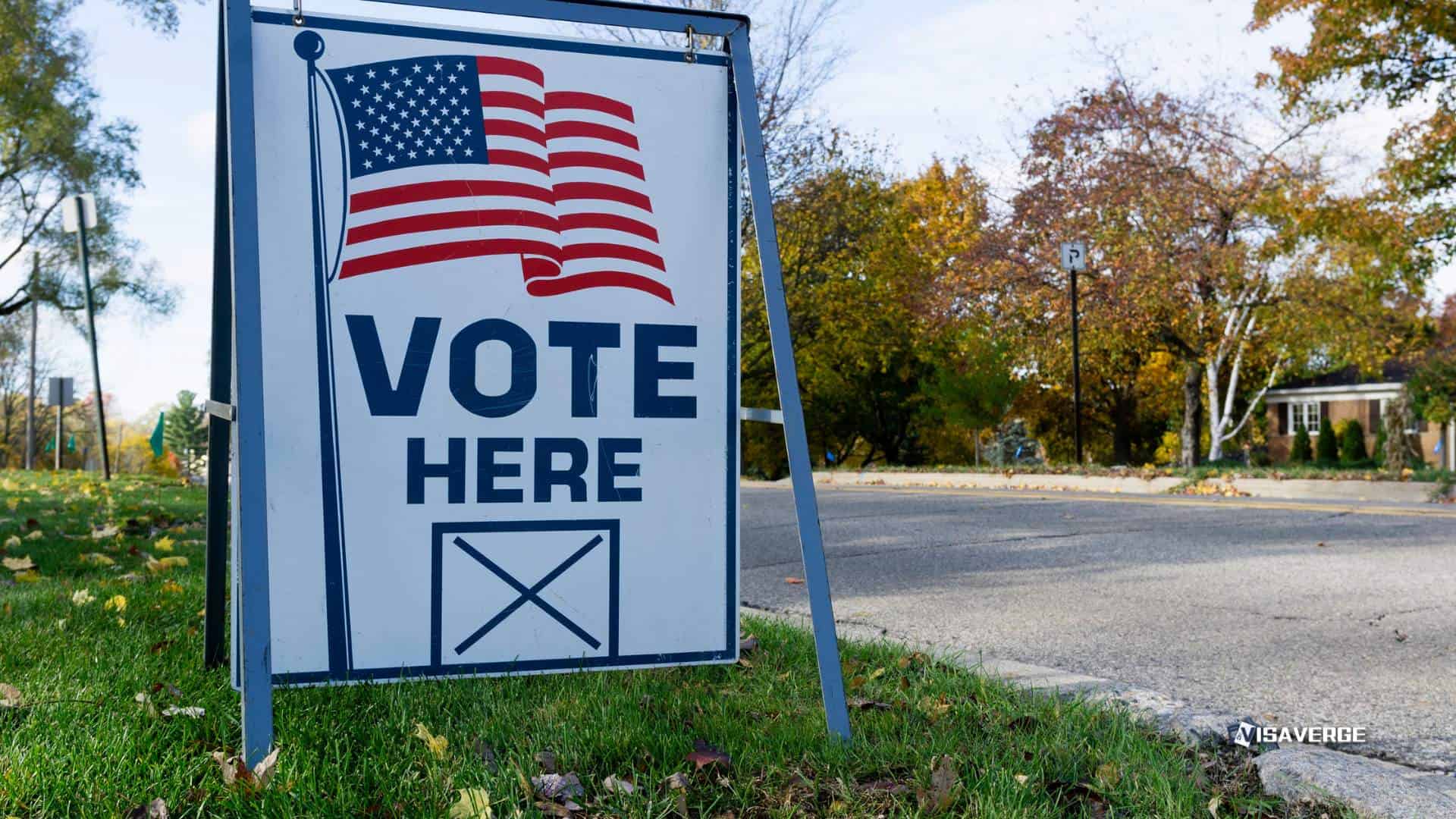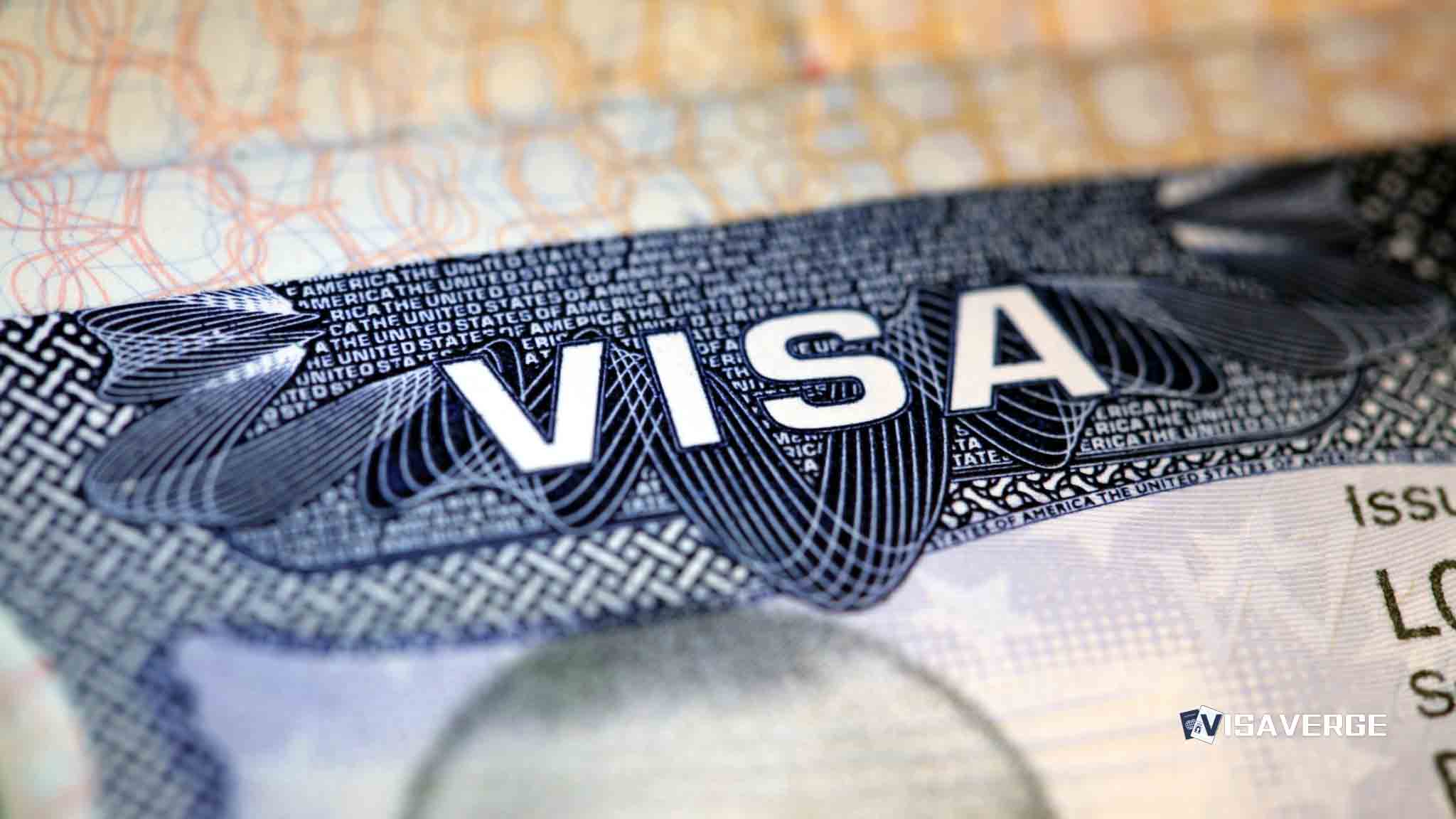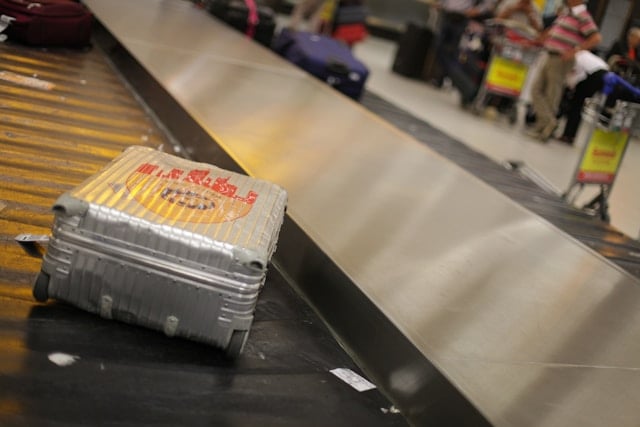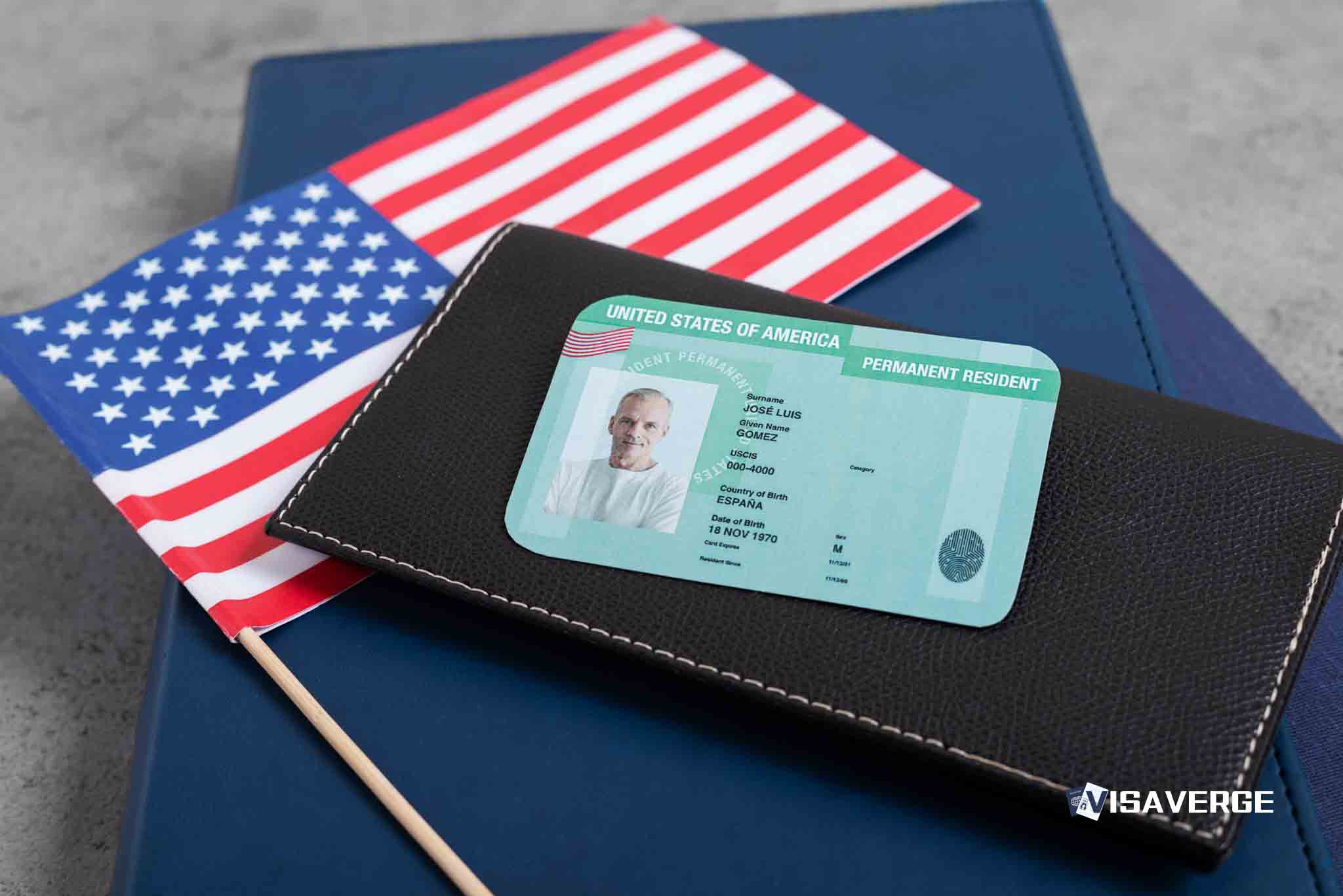Key Takeaways
• Mehbub Sheikh was deported to Bangladesh on June 14, 2025, despite presenting Indian citizenship documents.
• Maharashtra Police and BSF failed to verify citizenship with West Bengal authorities before deportation.
• Calls for urgent policy reforms include creating mandatory inter-state coordination for migrant verification.
A West Bengal man working in Maharashtra was pushed into Bangladesh despite providing proof of Indian citizenship, raising serious questions about how migrant workers are treated and how authorities handle citizenship verification. The incident, which took place in June 2025, has sparked public outcry, political debate, and calls for urgent policy reform. Here’s a detailed look at what happened, why it matters, and what it means for migrant workers, families, and government agencies across India.
Who, What, When, Where, Why, and How

On June 11, 2025, Mehbub Sheikh, a 36-year-old mason from Hossainnagar village in the Mahisasthali gram panchayat of Murshidabad district, West Bengal, was detained by police in Mira Road, Thane, Maharashtra. He had been working in Maharashtra for two years to support his family back home. Police suspected him of being an illegal migrant from Bangladesh, even though his family and the West Bengal Migrant Welfare Board quickly sent proof of his Indian citizenship—including his Aadhaar card, voter ID, ration card, and a certified family tree.
Despite these documents, Maharashtra Police handed Mehbub over to the Border Security Force (BSF). In the early hours of June 14, 2025, the BSF pushed him across the border into Bangladesh 🇧🇩. The West Bengal government and the Migrant Welfare Board tried to intervene, but Mehbub was deported without any notification to Bengal authorities.
This incident is not isolated. In recent months, at least three other residents of West Bengal were deported to Bangladesh 🇧🇩 under similar circumstances, though they were later brought back after the West Bengal government stepped in.
The Incident: Key Details and Timeline
- June 11, 2025: Mehbub Sheikh detained in Mira Road, Thane, Maharashtra.
- June 11–13, 2025: Family and West Bengal Migrant Welfare Board submit all required documents to Maharashtra Police and BSF.
- June 14, 2025 (early hours): BSF pushes Mehbub across the border into Bangladesh 🇧🇩.
- June 16, 2025: News breaks, sparking public and political reaction.
Documents Provided:
– Aadhaar card (official Indian ID)
– Voter ID (proves eligibility to vote in India)
– Ration card (government-issued for food subsidies)
– Certified family tree from the gram panchayat (local government)
Authorities Involved:
– Maharashtra Police
– Border Security Force (BSF)
– West Bengal Police
– West Bengal Migrant Welfare Board
– Mahisasthali gram panchayat
Why Did This Happen?
Migration Patterns and Mistaken Identity
West Bengal shares a long, porous border with Bangladesh 🇧🇩. Many people from border districts in West Bengal travel to other states, like Maharashtra, for work. Because Bengali is spoken in both West Bengal and Bangladesh 🇧🇩, and because people may look and sound similar, Indian citizens from these areas are sometimes mistaken for Bangladeshi migrants.
Crackdown on Illegal Migration
Maharashtra, like some other states, has increased efforts to find and deport illegal migrants, especially in cities with large migrant populations. Police often detain people who cannot immediately prove their citizenship. Even when documents are provided later, there can be delays or failures in verifying them.
Gaps in the Law and Procedure
Indian law says that authorities must verify a person’s citizenship before deporting them. The Foreigners Act, 1946, and the Citizenship Act, 1955, set the rules for detaining and deporting illegal migrants. However, there is no formal, mandatory system for police in one state to check with another state before deporting someone. This lack of coordination can lead to mistakes, as happened in Mehbub Sheikh’s case.
Stakeholder Reactions
West Bengal Government and Migrant Welfare Board
Samirul Islam, chairman of the West Bengal Migrant Welfare Board, said all documents were sent to Maharashtra Police, but they did not cooperate. The BSF deported Mehbub without telling West Bengal authorities. According to analysis by VisaVerge.com, this lack of cooperation and communication is a major reason why wrongful deportations happen.
Family and Local Leaders
Mehbub’s younger brother, Mujibur Sheikh, confirmed that the family submitted all required documents. Shabbir Ahmed, the pradhan (head) of the Mahisasthali gram panchayat, verified the documents and said local officials tried to intervene but were blocked.
Political Leaders
West Bengal Chief Minister Mamata Banerjee criticized the central government and the BJP, saying that Bengali-speaking migrant workers are being unfairly targeted and deported. She called for better protection for migrant workers and stronger safeguards against wrongful deportation.
What Are the Policy and Legal Implications?
Immediate Effects
- Wrongful Deportation: Indian citizens are being sent to Bangladesh 🇧🇩 even when they have valid documents. This causes distress for families and damages trust in the police and government.
- Lack of Coordination: Without a formal system for states to check with each other, mistakes are more likely.
- Human Rights Concerns: Deporting someone without proper checks violates their right to due process and protection from arbitrary detention.
Long-Term Effects
- Erosion of Trust: Migrant workers from West Bengal and other states may become afraid to work outside their home state, which could hurt their families and the economy.
- Pressure for Reform: There is growing demand for the central and state governments to create clear rules for checking citizenship and working together.
- Possible Legal Action: People who are wrongfully deported, and advocacy groups, may take legal action against the authorities.
How Does the Deportation Process Work?
Step-by-Step Procedure
- Detention: Police detain someone they suspect is an illegal migrant.
- Document Check: The person is asked to show proof of citizenship (Aadhaar, voter ID, ration card, etc.).
- Inter-State Communication: If the person says they are from another state, local police may try to contact that state for verification.
- Handover to BSF: If police still suspect the person is an illegal migrant, they hand them over to the BSF.
- Deportation: The BSF pushes the person across the border into Bangladesh 🇧🇩.
Problems in the Process:
– There is no rule that police must wait for a response from the person’s home state before deporting them.
– Families and local officials are often not allowed to meet or help the detained person in time.
For more details on the Foreigners Act and the process, readers can visit the Ministry of Home Affairs official website.
Expert and Human Rights Perspectives
Legal Experts
Legal experts say that deporting Indian citizens without proper checks breaks the law and the Constitution. Everyone has the right to due process, which means authorities must carefully check all facts before taking such a serious step.
Human Rights Organizations
Groups that protect human rights say there must be more transparency and accountability in how police and the BSF handle these cases. They also call for better protection for migrant workers, who are often vulnerable and far from home.
Government Officials
Officials in West Bengal say the central government and agencies like the BSF need to work more closely with state governments. They want clear rules and better communication to prevent wrongful deportations.
Multiple Perspectives: State vs. Central Agencies
- West Bengal Government: Accuses Maharashtra Police and BSF of acting alone and not following due process. Demands accountability and reforms.
- Maharashtra Police and BSF: Say they are enforcing laws to stop illegal migration, but admit there are problems with coordination.
- Families and Migrant Workers: Feel scared and insecure about working outside West Bengal. Want justice and compensation for those wrongfully deported.
What Happens Next? The Future Outlook
Policy Reforms
There is growing pressure on the central government to set up clear rules for checking citizenship and for states to work together. This could mean new laws or changes to existing ones.
Legal Action
People who have been wrongfully deported, and groups that support them, may go to court. If the courts find that rights were violated, they could order changes in how these cases are handled.
Public Awareness
This incident has brought more attention to the problems faced by migrant workers from West Bengal and other states. More people are now aware of the risks and challenges, which could lead to stronger support for reforms.
Possible Changes in Law
Lawmakers may propose changes to the Foreigners Act, 1946, and the Citizenship Act, 1955, to make sure that no Indian citizen is deported without proper checks.
Practical Guidance for Migrant Workers and Families
- Keep Copies of All Documents: Always carry and keep copies of your Aadhaar card, voter ID, ration card, and any other proof of citizenship.
- Contact Local Authorities Quickly: If a family member is detained, contact your local gram panchayat and the Migrant Welfare Board immediately.
- Seek Legal Help: State legal services authorities and NGOs can help families fight wrongful detention or deportation.
- Reach Out to Advocacy Groups: Organizations like the National Human Rights Commission (NHRC) can provide support and may intervene in serious cases.
Official Contacts and Resources
- West Bengal Migrant Welfare Board: Contact through the West Bengal government portal at wb.gov.in.
- Maharashtra Police: mahapolice.gov.in
- Border Security Force (BSF): bsf.gov.in
Key Facts and Stakeholders at a Glance
| Aspect | Details |
|---|---|
| Date of Incident | June 11–14, 2025 |
| Individual | Mehbub Sheikh, 36, West Bengal |
| Occupation | Mason, working in Maharashtra |
| Documents Submitted | Aadhaar, voter ID, ration card, certified family tree |
| Authorities Involved | Maharashtra Police, BSF, West Bengal Police, Migrant Welfare Board |
| Official Statements | Samirul Islam (Migrant Welfare Board), Mamata Banerjee (CM, WB) |
| Policy Implications | Need for inter-state coordination, due process reforms |
| Future Outlook | Policy reforms, legal action, increased public awareness |
Conclusion: What Needs to Change
The wrongful deportation of Mehbub Sheikh from Maharashtra to Bangladesh 🇧🇩, despite clear proof of Indian citizenship, shows serious problems in India’s immigration and law enforcement systems. The lack of a formal, required process for checking citizenship between states, and the failure to communicate with local authorities, has led to human rights violations and deep distress for families.
Immediate steps are needed:
– Create a clear, mandatory process for verifying citizenship before deportation.
– Improve communication between state and central agencies.
– Protect the rights of migrant workers, especially those from border states like West Bengal.
– Hold authorities accountable for wrongful actions.
As reported by VisaVerge.com, only strong policy reforms and better coordination can prevent such incidents in the future and restore trust among migrant workers and their families. For more information on citizenship laws and migrant rights, visit the Ministry of Home Affairs official website.
By learning from this case, India can work toward a fairer, safer system for all its citizens—no matter where they come from or where they work.
Learn Today
Aadhaar card → India’s unique identification document used to verify citizenship and identity officially.
Border Security Force (BSF) → Central armed police force guarding India’s borders and enforcing deportations.
Gram Panchayat → Local village government body responsible for issuing certified documentation.
Migrant Welfare Board → Government agency supporting rights and welfare of migrant workers.
Foreigners Act, 1946 → Indian law regulating treatment and deportation of non-citizens and illegal migrants.
This Article in a Nutshell
On June 14, 2025, Mehbub Sheikh was wrongly deported to Bangladesh despite valid Indian citizenship proof, highlighting major flaws in migrant verification and inter-state cooperation in India’s immigration system.
— By VisaVerge.com



